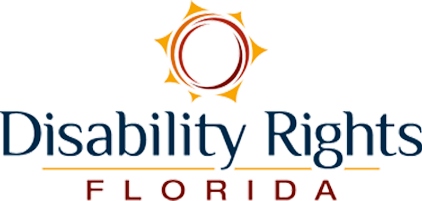The Assistive Technology Act of 2004 promotes awareness and access to assistive technology devices and services.
The AT Act envisions that assistive technology will allow individuals with disabilities to fully participate in education, employment, health coverage and access to government services and businesses.
Congress found that over 54,000,000 individuals in the United States have disabilities, with almost half experiencing severe disabilities that affect their ability to see, hear, communicate, reason, walk, or perform other basic life functions.
Congress noted that disability is a natural part of the human experience and in no way diminishes the right of individuals to live independently; enjoy self-determination and make choices; benefit from an education; pursue meaningful careers; and enjoy full inclusion and integration in the economic, political, social, cultural, and educational mainstream of society in the United States.
In passing the AT Act, Congress stated that technology is one of the primary engines for economic activity, education, and innovation in the Nation, and throughout the world.
To access the entire AT Act, see the Links section below.
